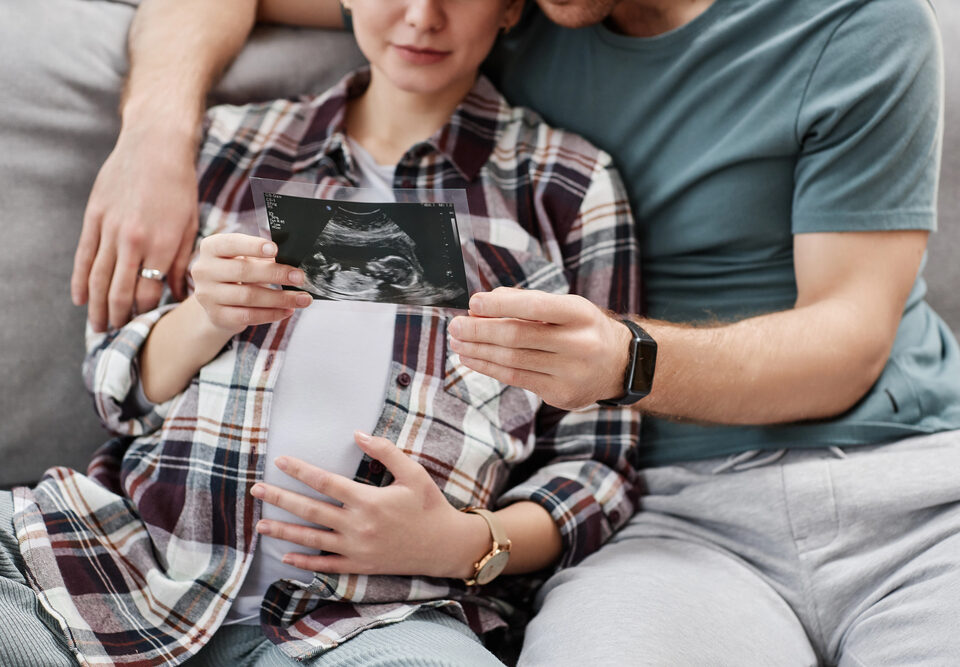
Slain Israeli Soldiers Become Fathers Via Sperm Extraction
八月 12, 2022
Single French Women Are Creating a High Demand for Fertility Treatments
八月 17, 2022The Georgia Department of Revenue has made it legal for in-state residents to claim embryos on their tax returns as dependents, provided the embryo they’re claiming has a “detectable human heartbeat.” The ruling took effect on July 20th, 2022, which was the same day the 11th Circuit Court of Appeals allowed all abortions banned in the state once an ultrasound detects a fetal heartbeat.

Since the Supreme Court’s overturning of Roe v. Wade, many states have moved to ban abortions. However, the law in Georgia is not as extreme as the laws in some other states. Georgia’s abortion ban has exceptions for incest and rape, provided a police report was filed for the incident. Later-term abortions are also legal in cases where the fetus isn’t viable due to a medical condition, or when giving birth would put the life of the mother at serious risk.
The legal definition of “personhood” was also changed in the state, to include an embryo or fetus no matter its developmental stage. Taxpayers who have embryos with detectable heartbeats will be able to claim up to $3,000 per embryo. For a taxpayer who has unborn children that could add up to a significant amount in the case of twins or triplets, but is still significant for single births. Anyone claiming the deduction will need to provide medical records or other proof, if the Department requests it.
Some of the biggest concerns come from Democrats such as Stacey Abrams, who is running for governor of Georgia. Abrams’ campaign manager, Lauren Groh-Wargo, asked, “So what happens when you claim your fetus as a dependent and then miscarry later in the pregnancy, you get investigated both for tax fraud and an illegal abortion?”
Abrams did not comment on that statement, but did tweet about the matter, stating that it should not be up to a governor to decide medical care for women in their state.
At The Surrogacy Law Center in Carlsbad, California, we work to help protect clients’ rights related to egg, sperm, and embryo donation, and in surrogacy arrangements, keeping state and other jurisdictional laws at the forefront. To learn more and to speak with an assisted reproduction attorney, contact us today!




